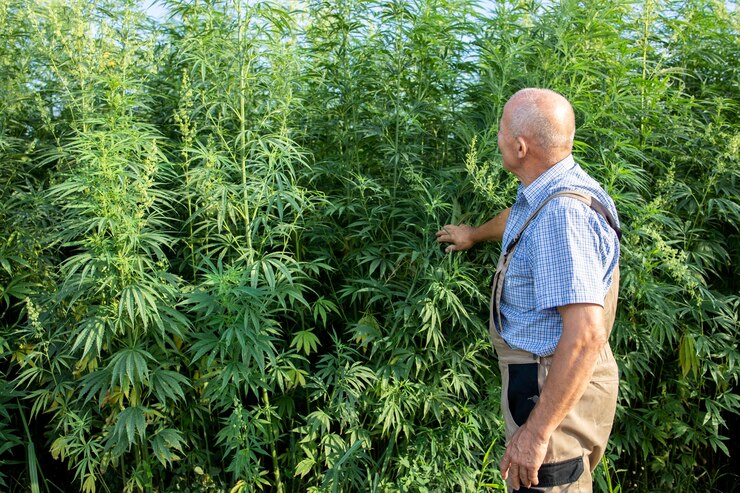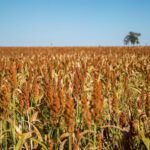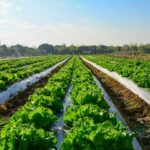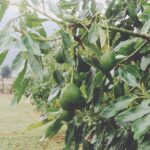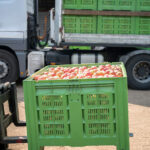Hemp farming is emerging as one of the most promising opportunities in South Africa’s agricultural sector. With the global demand for sustainable raw materials on the rise and the country’s recent regulatory changes around hemp cultivation, local farmers and entrepreneurs are increasingly turning their attention to this versatile crop. From textiles and construction to health and wellness products, hemp offers immense economic and environmental potential for South Africa.
Hemp, a variety of the Cannabis sativa plant species, is grown specifically for industrial and non-psychoactive use. Unlike marijuana, it contains very low levels of THC (tetrahydrocannabinol), making it safe and legal to cultivate under specific conditions. In 2021, South Africa officially recognised hemp as an agricultural crop, opening the door to commercial production under the guidance of the Department of Agriculture, Land Reform and Rural Development (DALRRD).
One of the major advantages of hemp farming is its adaptability. Hemp grows well in a variety of climates and soil types, which makes it suitable for multiple provinces including KwaZulu-Natal, Eastern Cape, Limpopo, and parts of the Western Cape. It also has a relatively short growing cycle—typically 100 to 120 days—and requires less water and fewer chemical inputs than traditional cash crops like maize or cotton. This makes it a more sustainable choice, especially for areas facing water scarcity and land degradation.
Economically, hemp presents a wide array of income-generating opportunities. The plant can be harvested for seeds, fibre, and CBD (cannabidiol), each with its own market value. Hemp fibre is used in the production of textiles, paper, biodegradable plastics, and building materials such as hempcrete. Hemp seeds are highly nutritious and used in food products, oils, and animal feed. CBD, extracted from the plant’s flowers, is in high demand globally for its therapeutic properties and use in wellness products.
For South African farmers, especially smallholders and cooperatives, hemp could be a game changer. By growing hemp, they can diversify their crops, reduce reliance on imports, and tap into high-value markets both locally and internationally. Additionally, hemp farming can contribute to job creation across the entire value chain—from cultivation and processing to product development and retail.
However, the industry is still in its early stages and faces several challenges. Licensing and compliance requirements remain complex, and there is a need for more technical knowledge, infrastructure, and investment. Processing facilities, in particular, are limited, which restricts the ability of farmers to turn raw hemp into finished products. To unlock the full potential of the sector, coordinated support from government, private investors, and research institutions will be essential.
Training programmes, pilot projects, and partnerships with established international hemp companies can help fast-track the growth of South Africa’s hemp industry. With proper planning and investment, the country can build a robust hemp value chain that supports both rural development and sustainable industrialisation.
As global markets continue to prioritise green alternatives, South Africa is well-positioned to become a competitive player in the hemp sector. The potential for exports, environmental benefits, and economic development makes hemp more than just a new crop—it’s a strategic opportunity for long-term growth. For farmers, entrepreneurs, and policymakers alike, now is the time to cultivate the future with hemp.

